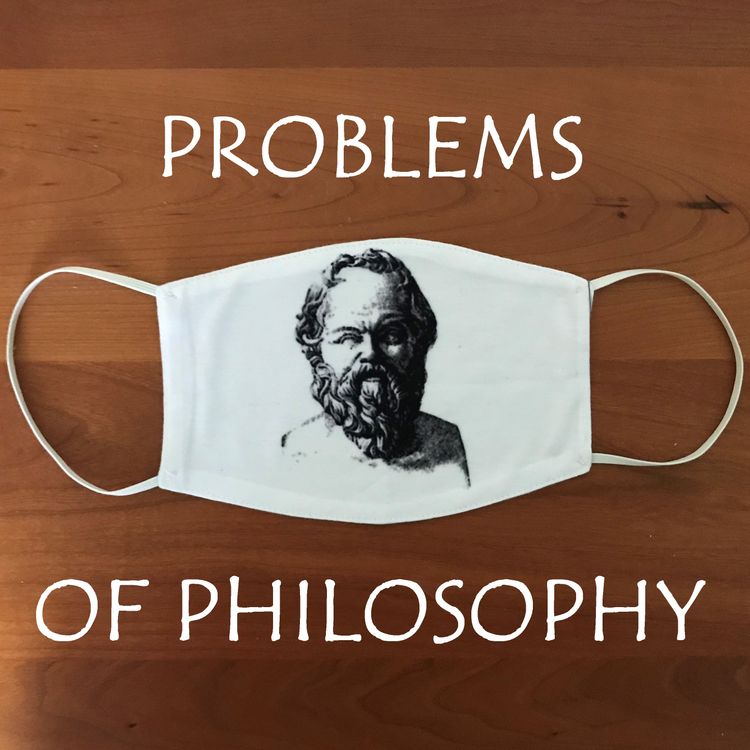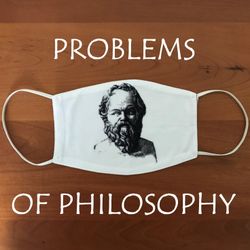Share

Dialogues, Meditations, and Analyses
Philosopher Citizens
Ep. 2
•
In this episode, I discuss what you're supposed to be learning in Problems of Philosophy. Then, Dr. Justin Bernstein of Vrije Universiteit Amsterdam (but of Florida Atlantic University at the time of recording) tells us about the philosopher Alex Guerrero's idea that using a lottery to select our political representatives would be more effective--and indeed more democratic--than voting.
More episodes
View all episodes

1. How To Use This Podcast
03:50||Ep. 1This brief introductory episode gives the listener advice about how to use the podcast. The episode opens with a clip of the philosopher Cornel West concisely stating a few of the main goals of the next fourteen episodes of the podcast.Thanks to Galen Curry (of folk-rock band The Currys) for the theme music!
3. Argumentation and Philosophical Conversation
29:07||Ep. 3In this episode, I draw on remarks by the philosophers Iris Murdoch and Susan Stebbing to discuss the art of philosophical conversation, with an emphasis on how it revolves around argumentation. Then, a couple of non-philosophers model an attainably successful submission for the philosophical conversation assignment you'll complete this semester.
4. Two Analyses of Bullshit
01:04:02||Ep. 4In this episode, I'm joined by Dr. Lindsey Fiorelli of Minerva University to discuss two analyses of bullshit: Harry Frankfurt's view that bullshitting involves indifference to truth, and G.A. Cohen's view that bullshit is unclarifiably unclear.
5. Socrates: Bullshit Detector or Bullshit Artist?
12:45||Ep. 5In this episode, I ask one of the most confounding questions in the study of ancient philosophy: was Socrates a bullshitter?There won't be another episode of this podcast for a couple weeks. In the meantime, go check out Peter Adamson's episodes on Socrates, the Meno, and the Phaedo, over at his superb podcast on the History of Philosophy without any Gaps.
6. Doubt
08:37||Ep. 6In this episode, I invite you, the listener, to meditate with me on reasons to doubt everything you thought you knew.
7. None of your Beeswax
19:44||Ep. 7In this episode, I discuss the Aristotelian worldview that Descartes attempted to overthrow, and introduce the listener to the Cogito: Descartes's famous, purportedly indubitable claim that "I think, therefore I am".
8. Cartesian Interaction
26:39||Ep. 8In this episode, I discuss Descartes's truth rule--that everything he clearly and distinctly perceives is true--and how he leverages that rule (along with the existence of a non-deceiving God) to establish a metaphysical distinction between mind and body. I then discuss the Princess Elisabeth of Bohemia's incisive critique of Descartes's substance dualism, as well as the more nuanced dualism that Elisabeth prefers.
9. Adorable Mysteriousness
58:24||Ep. 9In this episode, I'm joined by Dr. Nabeel Hamid on Concordia University and Dr. Ben Baker of Colby College (but of the University of Pennsylvania at the time of recording) to discuss the design argument for God's existence, the relationship between faith and reason, and other themes from David Hume's Dialogues Concerning Natural Religion.